Deepening of knowledge, professional development, and promotion of career are impossible without self-education. However, for many, the acquisition of new knowledge becomes an end in itself. Do not turn into an “eternal student” and improve the effectiveness of self-education will help such advice.
- Identify the Purpose of Self-Education
If your goal is to “study the psychology of the age”, then you are more likely to be “outspoken” and do not engage in self-education, but self-study of the subject. The purpose of self-education should be related to changes in your personality and this goal should be sought after a few questions “for what?” For example, “to study age psychology” – “for what?” If the answer is “to finish the institute and get a diploma”, then this cannot be the goal of self-education, since the diploma is an external attribute (that is, the purpose of entering the university). If the answer is “to become the best expert on the psychology of adolescence in the city of N.” then, without a doubt, besides the lectures or recommended textbook you will independently search for additional material, cling to questions arising in the classroom, etc.
- Create a Self-Education Plan
A plan is a list of actions that need to be taken to achieve the goal. Without a plan, you can get lost in the wilds of information that will necessarily appear in the way of your purposeful movement.
- Create Your Own System of Motivation
Not always you will feel a keen desire to “bite granite science”. Often you will be thinking about the nullity of what you are doing. You will be attending thoughts that everything in this world is deadly and worth your titanic effort. In order to prevent the appearance of such a state (apathy), one must not only think about a reasonable alternation of work and rest but also a system of motivation immediately after drawing up a plan for self-education.
- Define Time Management Skills
Self-education requires extra time – it’s an axiom. But time is a limited resource, so you need to learn how to distribute this resource in such a way that none of your important aspects of life are left deprived. The system and dynamics of such skills are called time management. There are a lot of similar systems and most of them came to us from the West, quite a key thing to remember.
- Study the Ways of Intelligent Processing of Information
All perceived information must be understood, that is, it must be intellectually processed (one of the simple and effective ways – drawing up the scheme of the text). Mechanical processing (“cramming”, multiple reading, etc.) has a very remote relation to self-education.
- Increase Reading Speed
Important note: Increasing the reading speed is not necessary to consume textbooks. The task of fast reading is to provide a quick view of the material (scanning) for further intelligent processing of information.
- Use the Capabilities of Information, Communication, and Digital Technology
Be sure to integrate into a single phone, laptop, home and work computers. You should have access to the information you are studying in a given time period, constantly, no matter where you are.
- Create Favorable Conditions for Effective Mental Activity
These conditions include lighting, sound background, smells, order on the desktop (in a computer, in records, etc.), optimal mode of work and rest, etc.
Author Bio
Owen Hilton is a certified educational psychologist with numerous top-level seminars and workshops to his name. Besides his routine job and effort in helping students acquire their best mental self, Owen is also an accomplished assignment writer with many college and university level disciplines under his umbrella of expertise.
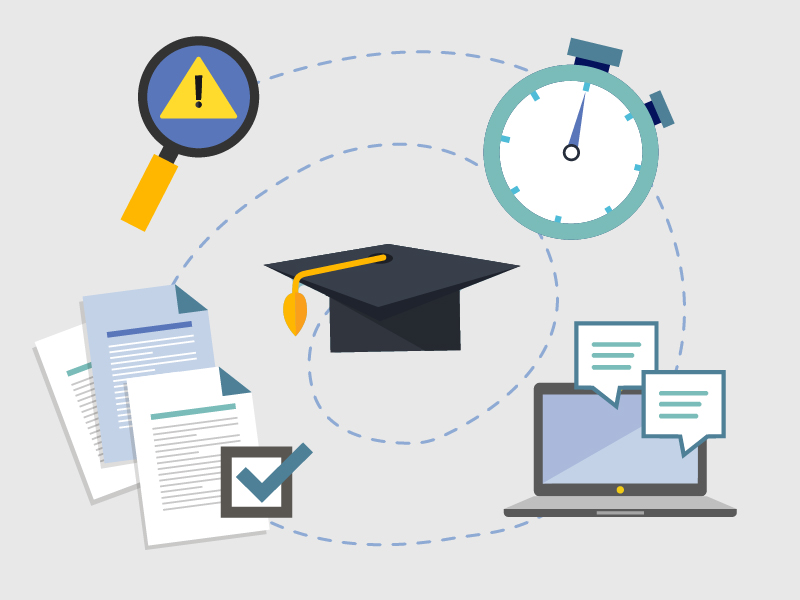





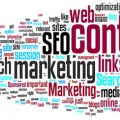

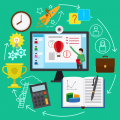


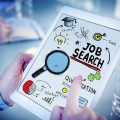









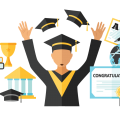








No Comments
Leave a comment Cancel